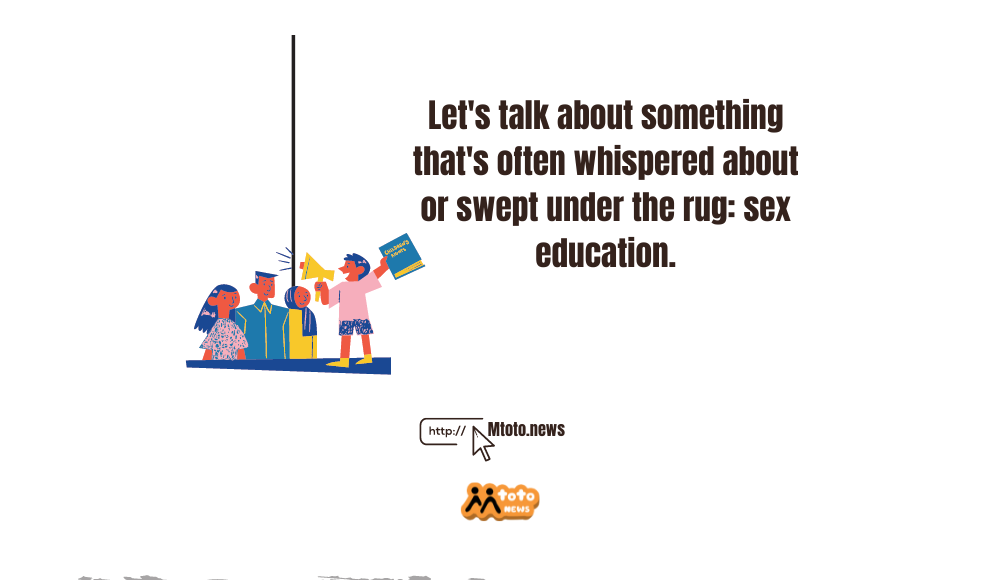
Sex education for children is a hotly debated topic, with people proposing this and opposing that, all of them clashing over if it is necessary and appropriate. However, in the middle of this controversy, one thing remains clear, children need clear sex education now more than ever.
Understanding their bodies is necessary for children, yet many argue that discussing anatomy and physiology at a young age is inappropriate or unnecessary, denying children knowledge about their own bodies only keeps alive shame and ignorance, leaving them vulnerable to misinformation and exploitation.
Moreover, sex education isn’t just about biology, it’s also about healthy relationships. Critics may argue that such topics should be left to parents or guardians to address, but the reality is that not all children have access to accurate information at home. By teaching children about consent, boundaries, and respect, sex education empowers them to go about relationships safely and responsibly.
Puberty is a natural part of growing up, yet discussions about it are often met with discomfort or avoidance, ignoring puberty doesn’t make it go away. Instead, it leaves children confused and unprepared for the changes they experience. By providing them with knowledge about puberty and its effects, sex education helps children embrace this stage of life with confidence.
Reproductive health is another debatable issue in sex education. Some argue that discussing contraception encourages immorality or undermines religious beliefs. However, withholding information about reproductive health only puts children at risk of unintended pregnancies and sexually transmitted infections. Education is not promotion, it’s about providing children with the tools to make informed choices about their bodies and futures.
Safety is important in sex education, but discussions about safe sex practices and STIs are often judged as too explicit or controversial. Children need accurate information to protect themselves from harm.
Finally, emotional well-being is a basic aspect of sex education that is often overlooked. Teaching children about emotions, self-esteem, and coping strategies is important for their mental health and their capacity to withstand or to recover quickly from difficulties. Ignoring these topics only puts up the stigma surrounding mental health.
In conclusion, sex education for children is necessary, despite the controversy it may provoke. By providing age-appropriate and accurate information, sex education empowers children to make responsible choices, respect themselves and others.
Written by Shillah Lwangu

Leave a Reply